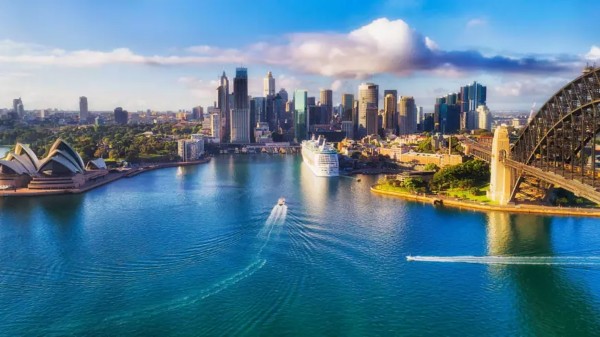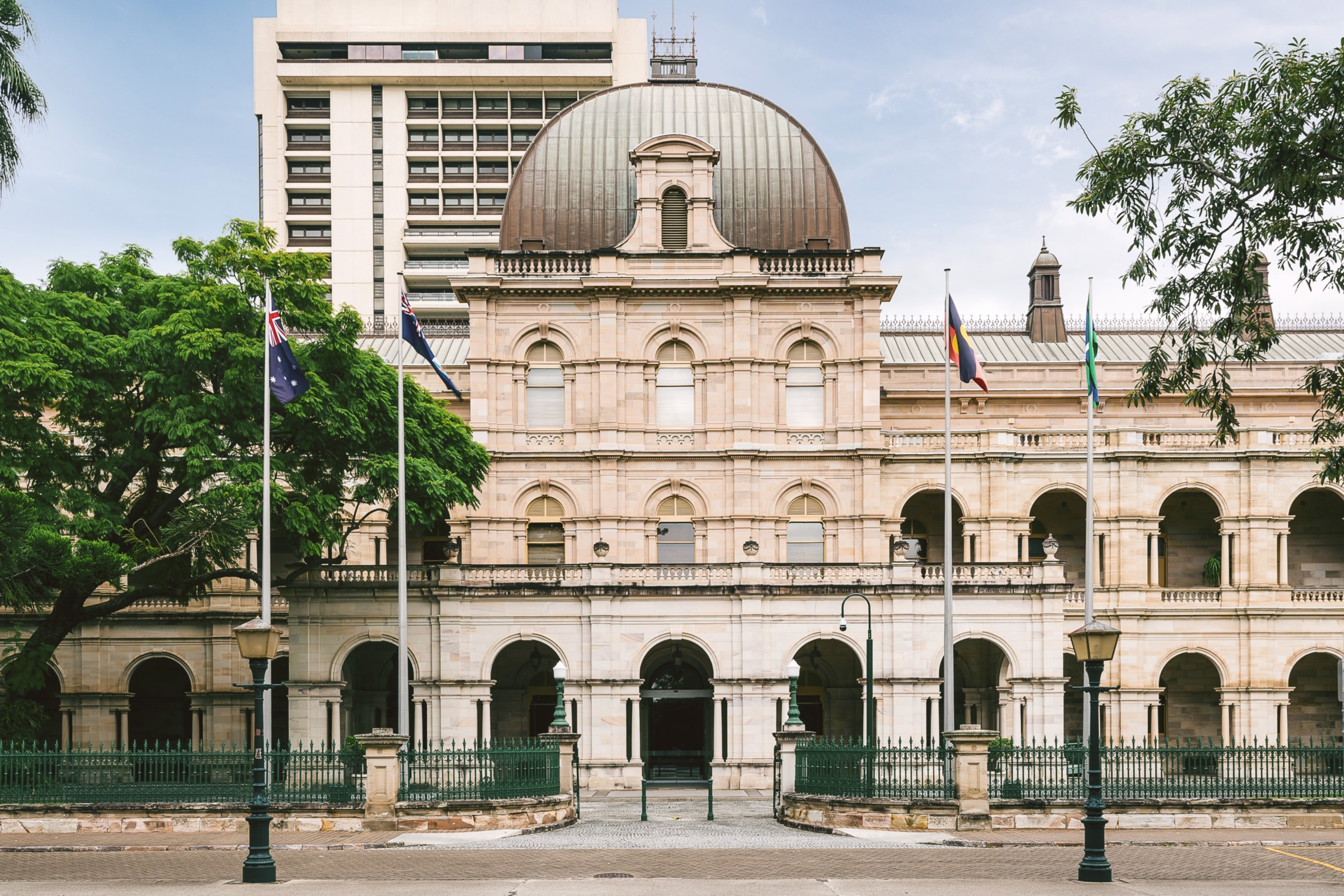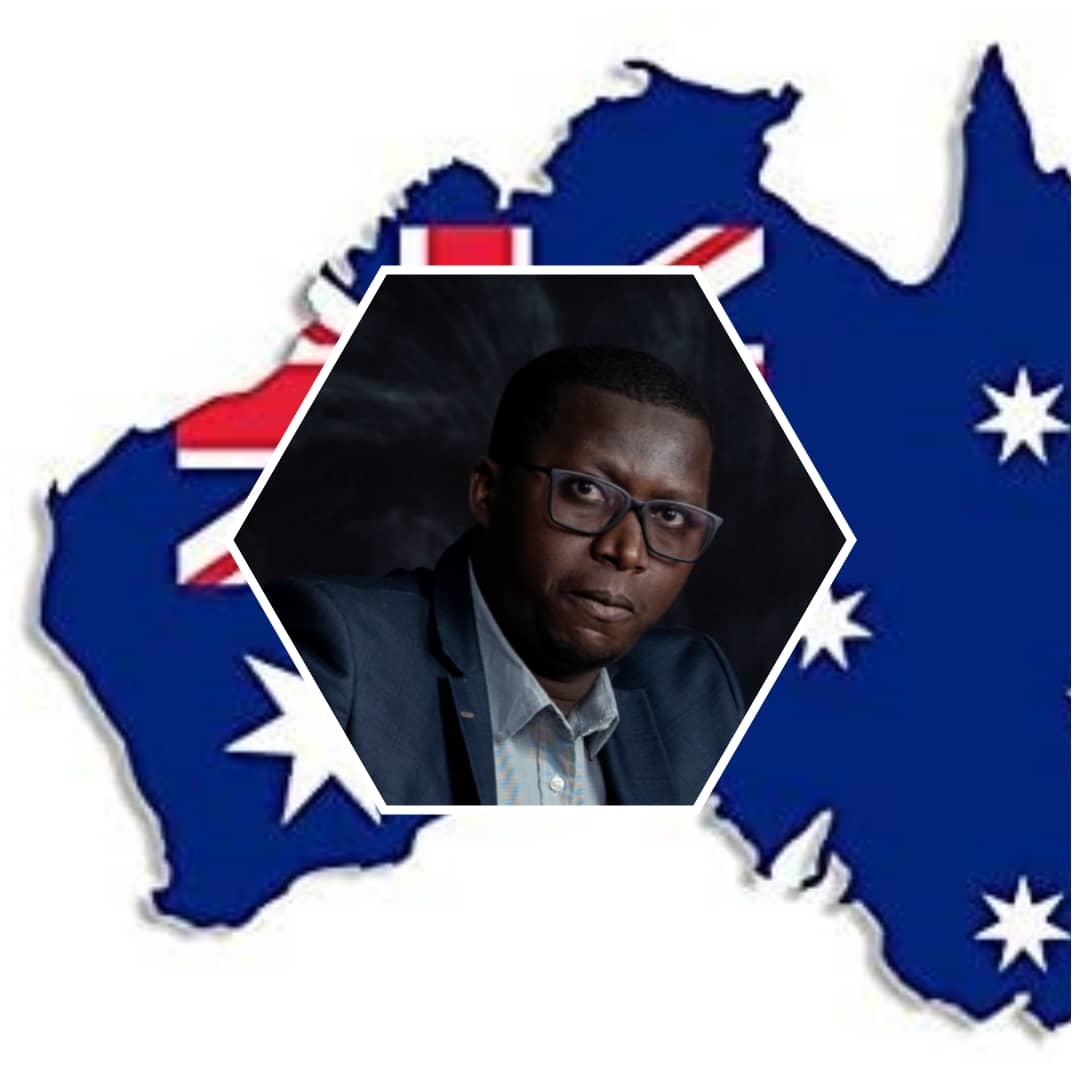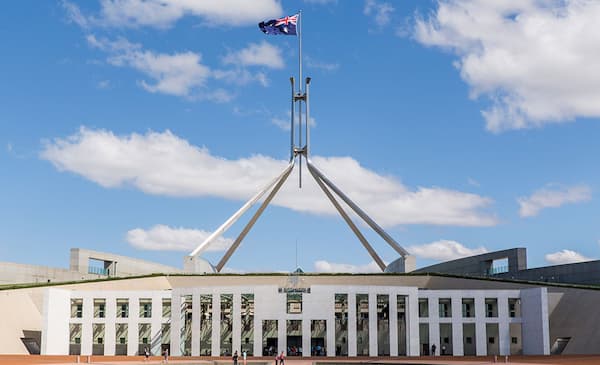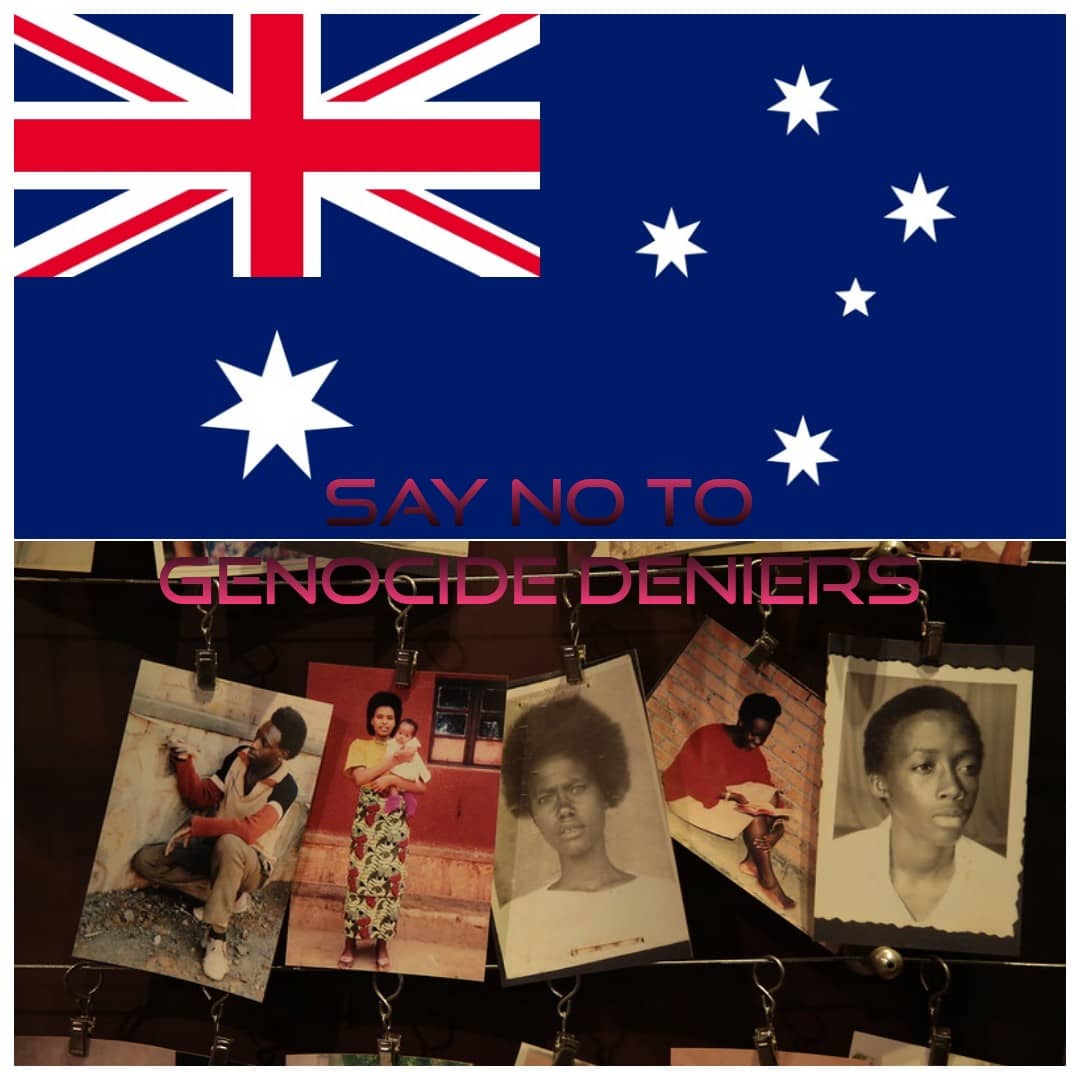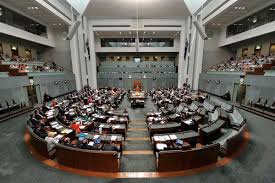International
Australia should prosecute or extradite Rwandan genocide fugitives
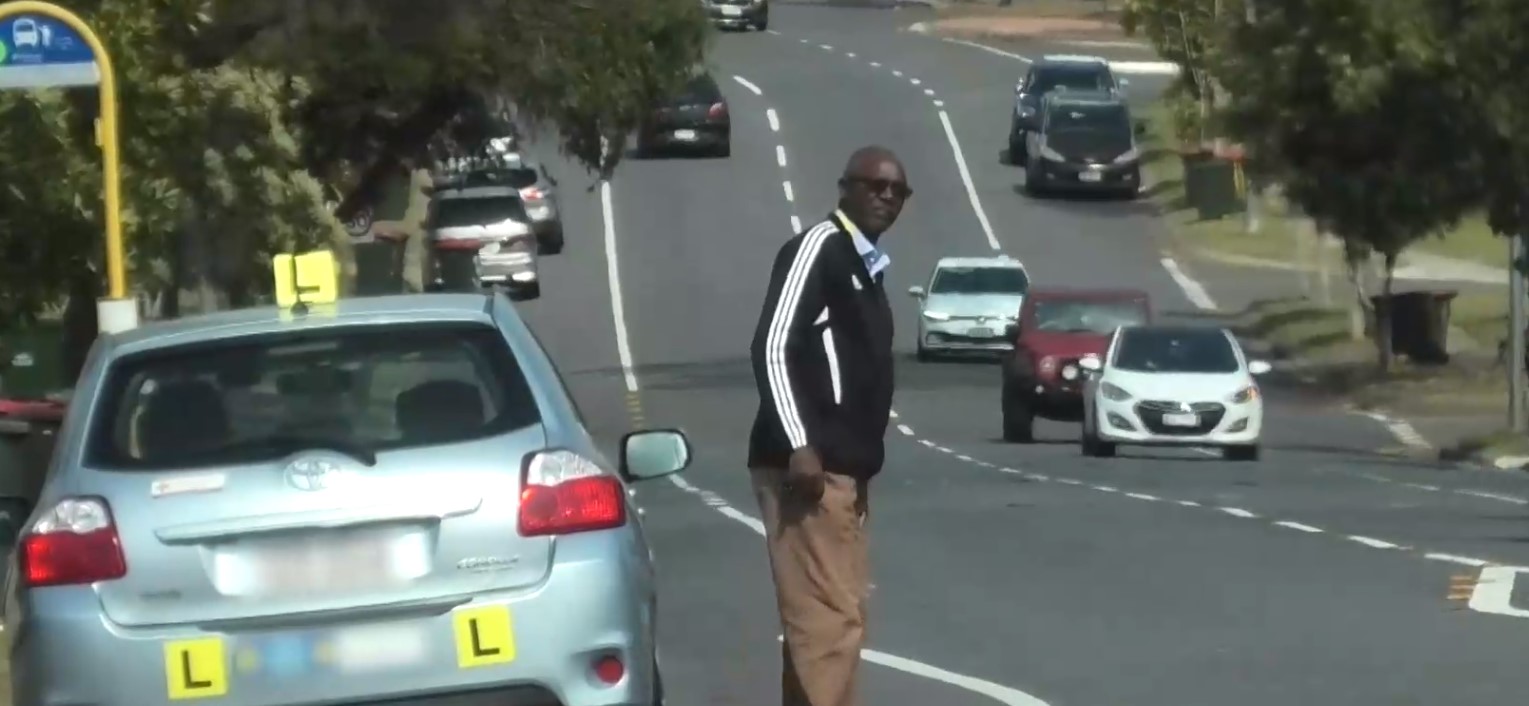
Almost
30 years after the 1994 Genocide against Tutsi in Rwanda, Australia continues
to be a safe haven for genocide fugitives. This is due to a gap in the
screening process by Australian security and the authorities' reluctance to
investigate or prosecute alleged international crimes committed by people
living in the country.
The
Guardian UK and ABC's Four Corners programme conducted a one-year investigation on two
Rwandans indicted by the Rwandan prosecution for the crimes of genocide and
currently residing in Australia. The two are Froduard Rukeshangabo and Celestin
Munyaburanga. Broadcast on February 25, the documentary included interviews
with genocide survivors and confessed perpetrators familiar with the
allegations against the two men.
The
documentary located Rukeshangabo living in suburban Brisbane where he works as
a driving instructor. He was tried in absentia, sentenced to 30 years in jail
by Gacaca courts in Ngoma District.
Rukeshangabo,
a school inspector, was an influential figure in Ngoma District, former Kibungo
Prefecture, giving instructions to mass murderers to kill the Tutsi in that
region.
Not
only does Australia fail to bring genocide perpetrators to justice, but also
promotes genocide denial under the pretext of freedom of speech and political
adherence.
Rukeshangabo
was granted asylum in 2009 upon his arrival and was given citizenship in 2015.
After
the documentary was aired, genocide deniers within the Rwandan Community in
Australia took to SBS TV, playing the victim card. Among those interviewed is
Amiel Nubaha, the son of Rukeshangabo, who claims that the Rwandan government
targeted them because of their political beliefs.
Munyaburanga, a former headmaster of Hanika
School in Nyanza District, was tried in absentia and sentenced to life in
prison by Busasamana Gacaca Courts.
Suspected picture of Celestin Munyaburanga
While
Rwandan prosecution has evidence of Munyaburanga living in Australia,
Australian authorities in the documentary claimed no such name entered the
country, and his family insists he lives in Africa but is innocent. Sources say
Munyaburanga resides in Australia under a false name, much like hundreds other
genocide fugitives around the world who will do everything to evade justice.
Australia
is not only a safe haven for genocide fugitives and deniers. It i also home to
members of terror groups in the region, including members of RNC which was
found by Kayumba Nyamwasa.
While
members of Nyamwasa’s P5 terrorist group are on trial in Kigali, one of its
members residing in Australia, Robert Mukoombozi, spoke to SBS TV after the
documentary's release, claiming harassment and attempted assassination by the
government of Rwanda when he travelled to Uganda in April 2022.
However,
the fact is Mukoombozi had been apprehended by Ugandan security upon his return
to Uganda due to his rebellious activities. To sanitize the two genocide
fugitives, Noel Zibahamwe, known for fabricating lies to secure visas for
himself and his family members in Australia, played a role.
Australian
authorities should come to Rwanda where the genocide were committed and where
the witnesses reside, and get the facts. Some European countries that tried or
arrested and sent genocide fugitives to Rwanda conducted investigations before
taking action.
Australian
media should not solely rely on the accounts of genocide fugitives, deniers,
and economic asylum seekers to inform their audience about Rwanda. They should
invest time in credible investigations.



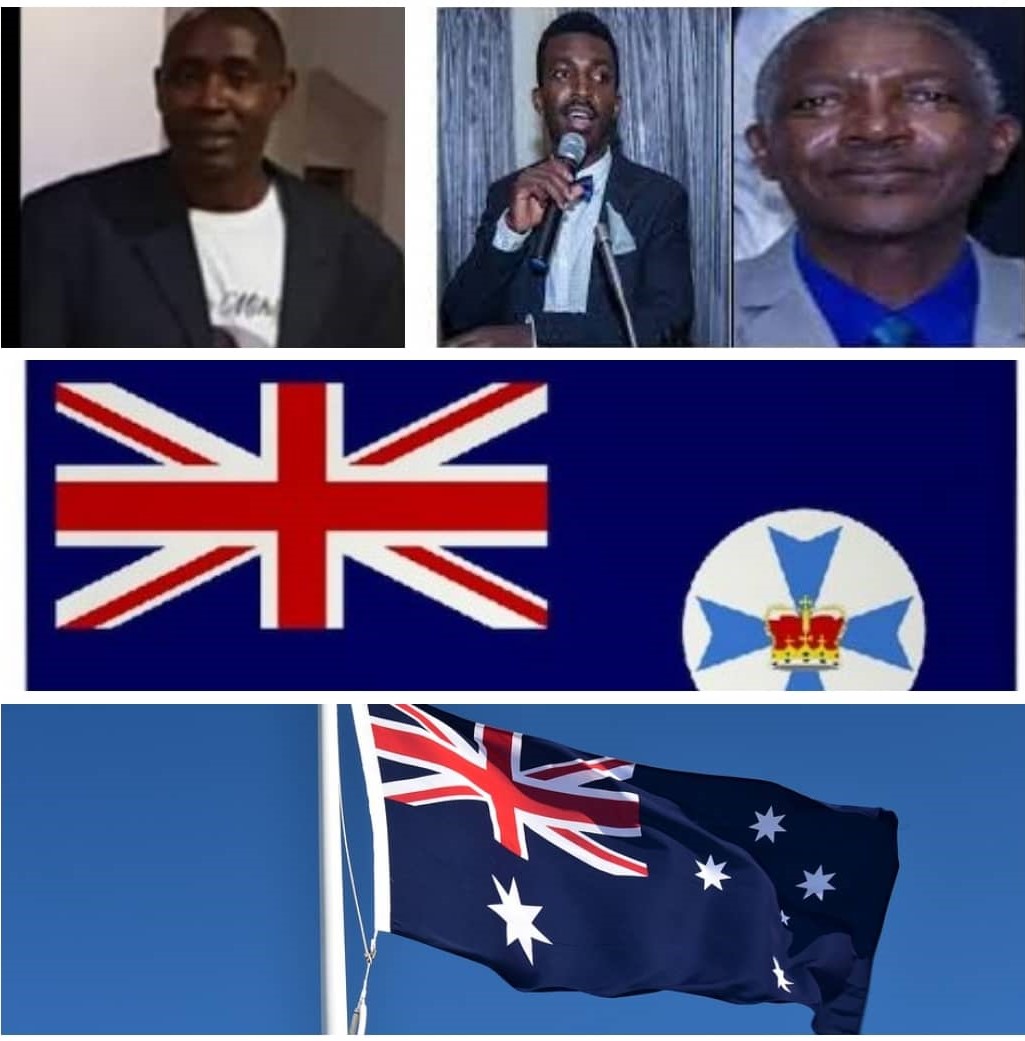
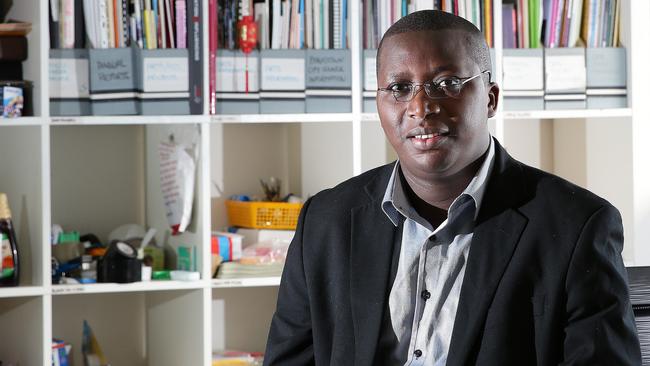
.jpg-20220508095027000000.jpg)
